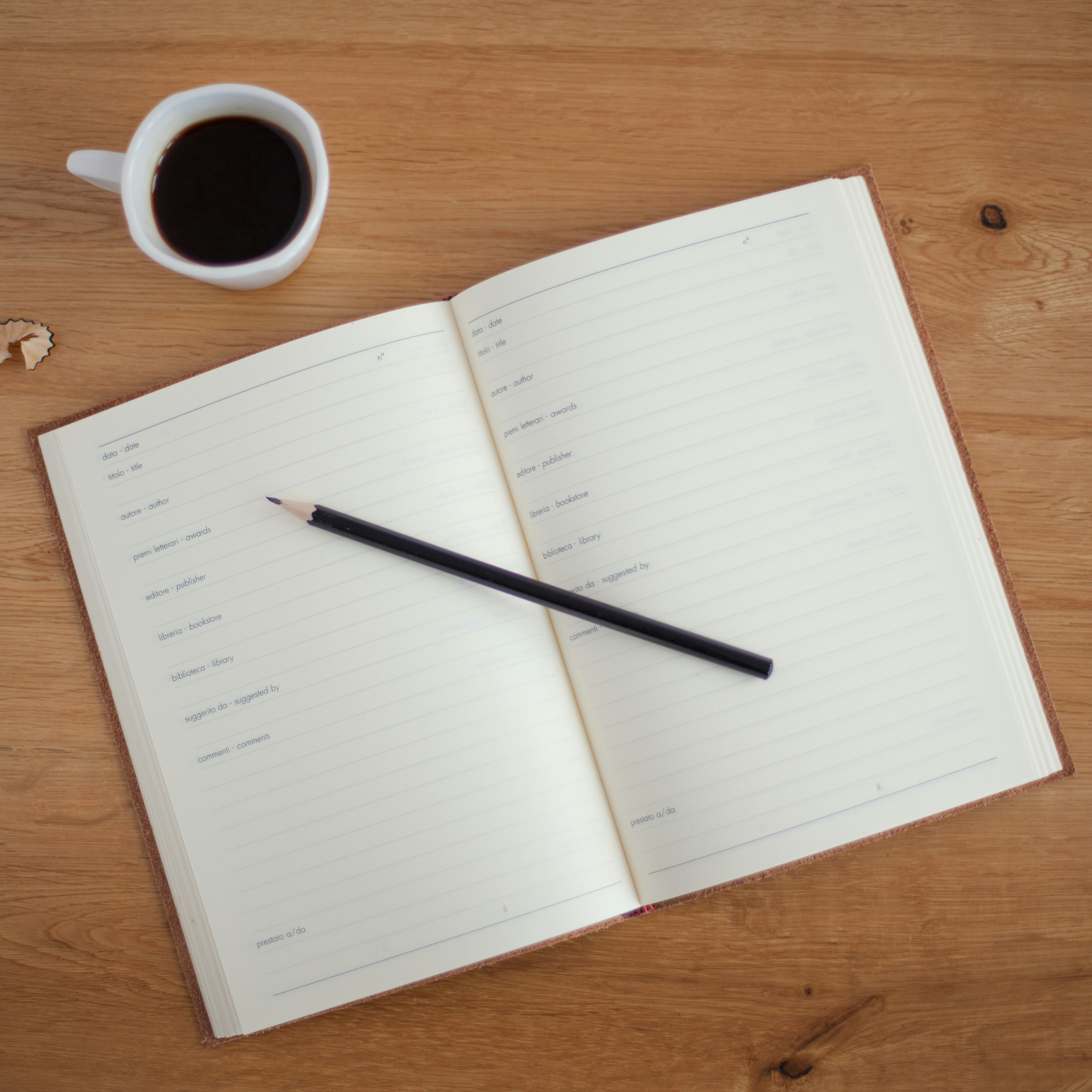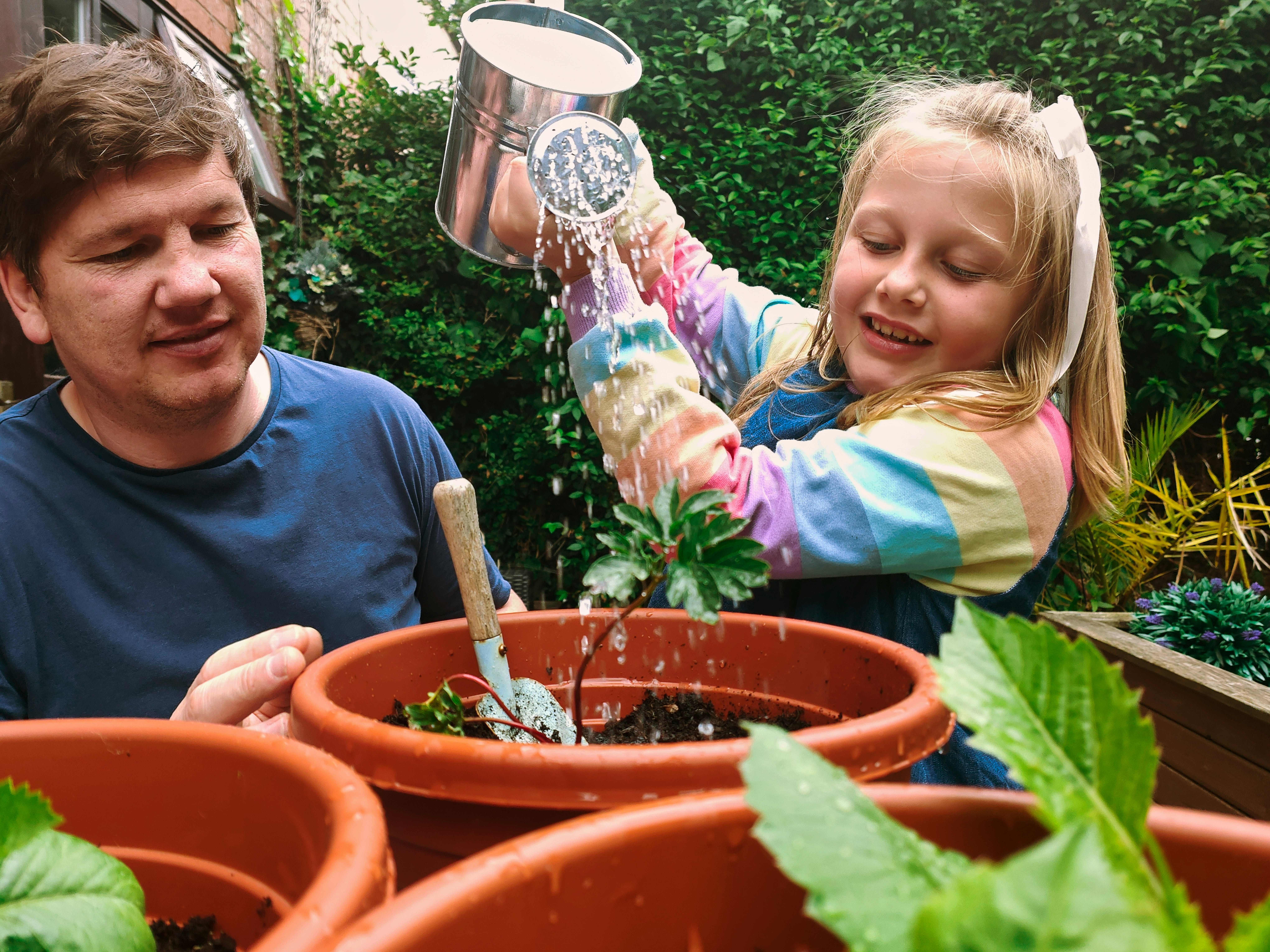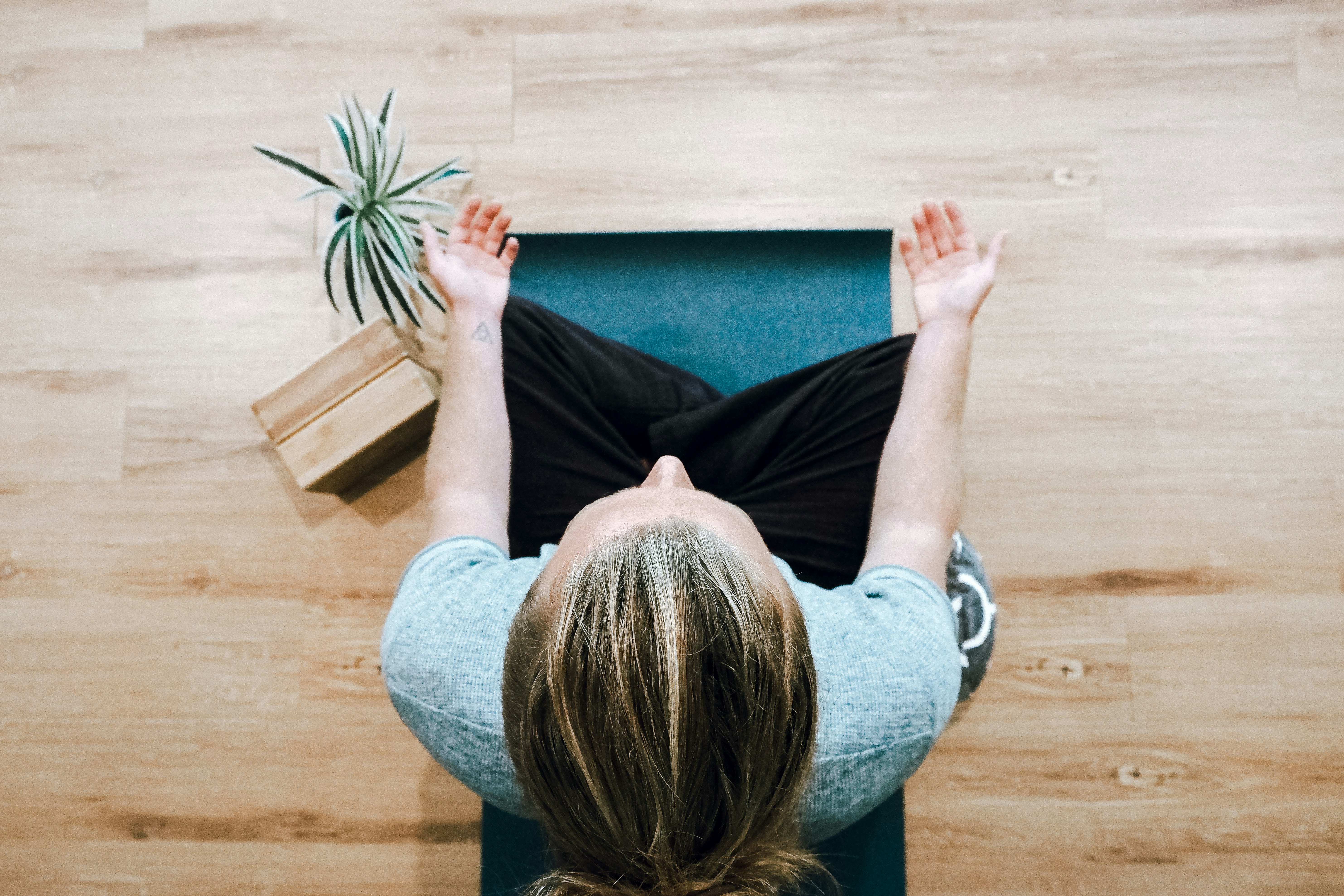The Role of Gratitude in Building Habits
Gratitude has long been recognized as a powerful emotion that has the ability to improve our well-being and overall happiness. But did you know that gratitude can also play a significant role in building habits?
Habits are an integral part of our daily lives, as they often dictate the actions we take and the choices we make. Whether waking up early to exercise or bringing a reusable water bottle to work, habits help us streamline our daily routines and make our lives more efficient.
But building habits can be challenging. It takes self-control, motivation, and the willingness to keep doing a task or activity, even when it gets hard. It is where gratitude comes in.
Studies have shown that people who practice gratitude are more likely to be happy, healthy, and successful. They are also more likely to have better social relationships and be more resilient when facing adversity. These characteristics can be especially beneficial when it comes to building habits.
For example, a person grateful for the opportunity to exercise may be more motivated to stick with their daily workout routine, even when they don’t feel like it. In the same way, someone who is thankful for the chance to help the environment may be more likely to do things that are good for the environment, like using fewer single-use plastics.
But it’s not just about motivation. Gratitude can also help to strengthen our resolve and make us more resilient when it comes to sticking with a habit, even when it becomes difficult. When we practice gratitude, we are more likely to focus on the positive aspects of a situation rather than dwell on the negative. As a result, it can help us stay positive and motivated, even when things get tough.
So how can you incorporate gratitude into your habit-building process? Here are a few tips:
1. Keep a gratitude journal
Every day, take a few minutes to write down three things you are grateful for. It can be anything from a warm cup of coffee in the morning to the support of a friend or loved one.

- Set aside a few minutes each day to write down three things you are grateful for. It could be as simple as a warm cup of coffee in the morning, a sunny day, or something more significant, like the support of a, loved one or a recent accomplishment.
- Make it a habit to write in your gratitude journal at the same time each day, such as first thing in the morning or before bed. It will help you to remember to do it consistently.
- Keep your gratitude journal visible, such as on your nightstand or desk, so that you are reminded to write in it daily.
- Don’t worry about writing eloquent or perfectly worded entries. It is important to take a moment to focus on the things you are grateful for, no matter how small they may seem.
- If you’re feeling stuck, try using prompts to inspire your gratitude journal entries. For example, you could write about something you are grateful for in your personal life, something you are grateful for in your career, or something you are grateful for in the world around you.
- Reading back through your gratitude journal can be a great way to remind yourself of all the good things in your life and cultivate a sense of appreciation.
- Share your gratitude journal with others if you feel comfortable doing so. It can be a great way to inspire others to practice gratitude and strengthen your relationships.
2. Share your gratitude with others
Let the people in your life know how much you appreciate them. Whether through a heartfelt thank-you note or a simple gesture of appreciation, expressing gratitude can help strengthen your relationships and make you feel more connected to those around you.

- Take time to express your appreciation to the people in your life. It could be through a handwritten thank-you note, a phone call, or a simple gesture of appreciation, like bringing a colleague their favorite coffee or leaving a thoughtful message for a loved one.
- Let others know specifically what you appreciate about them. For example, instead of just saying “thank you,” try saying “thank you for always being there for me and offering your support and guidance.” It will make your appreciation more meaningful and heartfelt.
- Make it a habit to express your gratitude to those around you regularly. It could be as simple as thanking someone every day for something specific or setting aside a particular day each week to express your appreciation to those you care about.
- Sharing your gratitude doesn’t have to be limited to those you know personally. Consider expressing your appreciation to someone you admire or who has positively impacted your life, even if you don’t know them personally.
- Remember that expressing gratitude is a two-way street. When someone else appreciates you, take the time to listen and acknowledge their words honestly. It will help to strengthen your relationships and make you feel more connected to those around you.
3. Practice mindfulness
Take time to focus on the present moment and all you have to be grateful for. It can help cultivate a sense of gratitude and appreciation for the little things in life.

- Mindfulness is the practice of focusing on the present moment and being fully present in your surroundings. It can help you to cultivate a sense of gratitude and appreciation for the things you have in your life.
- To practice mindfulness, try setting aside a few daily minutes to focus on your breath and the present moment. You can do this anywhere: sitting at your desk, walking to work, or lying in bed.
- As you focus on your breath, let go of any distractions or worries and be present at the moment. If your mind wanders, gently bring it back to your breath.
- As you practice mindfulness, pay attention to your surroundings and all you have to be grateful for. It could be the warm sun on your face, the sound of birds singing, or the feeling of a soft blanket on your skin.
- You can also practice mindfulness through activities like yoga, meditation, or even just taking a walk in nature.
- Make mindfulness a part of your daily routine. Set aside a specific time each day to practice, whether for just a few minutes or a more extended period.
- Remember that mindfulness is a practice that takes time and patience to develop. Don’t get discouraged if you find it challenging; keep practicing, and you will see the benefits.
4. Reflect on your progress
When you’re working on building a habit, it’s easy to get caught up in the struggle and forget about all the progress you’ve made. Instead, reflect on your journey and all you’ve accomplished. It can help you to stay motivated and keep a positive attitude.

- When you’re working on building a habit, it can be easy to get caught up in the struggle and forget about all the progress you’ve made. Take time to reflect on your journey and all that you’ve accomplished so far.
- Consider keeping a progress journal to track your habit-building journey. Write down your goals, your challenges, and your successes. It can help you to stay motivated and see the progress you’ve made.
- Reflect on what has helped you to stick with your habit and what has made it more difficult. It can help you to identify any obstacles you may need to overcome in the future.
- Remember to celebrate your successes, no matter how small they may seem. It could be as simple as acknowledging a small milestone or rewarding yourself with something you enjoy.
- If you feel discouraged, remember that building habits take time and patience. Don’t be too hard on yourself – keep striving towards your goals, and you will see progress.
- Share your progress with others if you feel comfortable doing so. It can be a great way to get support and encouragement from those around you.
In conclusion, gratitude plays a crucial role in building habits. By cultivating a sense of appreciation and focusing on the positive aspects of a situation, we can increase our motivation and resilience, making it easier to stick with a task or activity even when it becomes challenging. So the next time you’re trying to build a new habit, remember to take a moment to appreciate all that you have to be grateful for.






